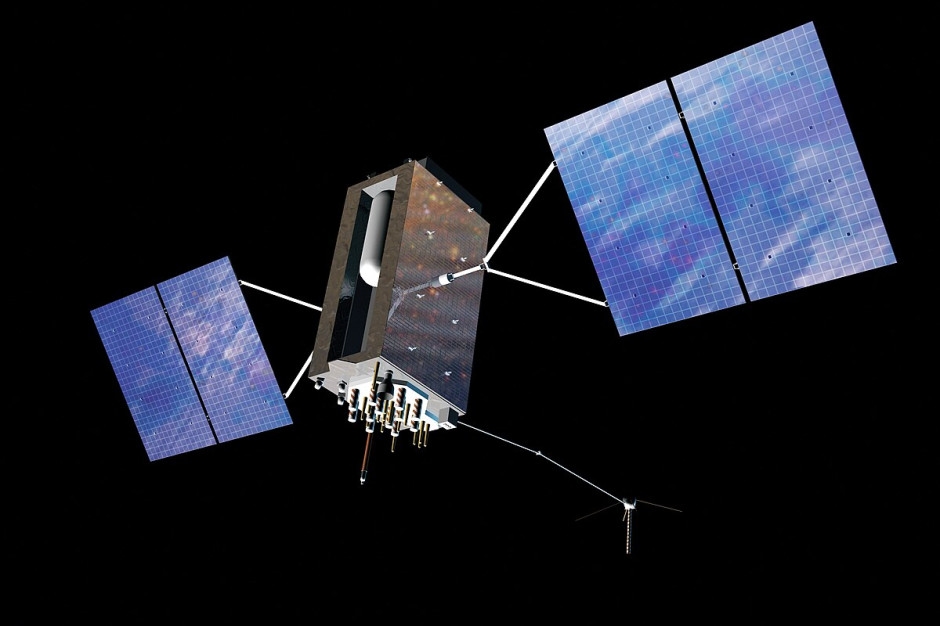Chissano says national dialogue should follow peace agreements.

Former Mozambican President (1986-2005) Joaquim Chissano said this Friday that the inclusive national dialogue taking place in the country should follow the example of the General Peace Agreement and should create greater reconciliation among Mozambicans.
“When we started negotiations with Renamo [Mozambican National Resistance], there was no trust whatsoever, there were suspicions on both sides, and we ended up signing the agreement because there was already trust. Along the way, that trust ended up breaking down, but then things were restored. What is truly needed is for us to persevere and have that trust to feel like brothers, and the General Peace Agreement showed that it is possible,” said Chissano.
The General Peace Agreement, signed in Rome in 1992 between then-President Joaquim Chissano and Afonso Dhlakama, the historic leader of Renamo, was the instrument that allowed for a ceasefire in a civil war that lasted 16 years in Mozambique, pitting the government army against Renamo, and paving the way for the first elections two years later.
The former Mozambican head of state was speaking during a meeting with the Technical Commission for National Dialogue (COTE), which visited the foundation he patronizes to gather recommendations for operationalizing the national dialogue.
Chissano also defends the need to use this opportunity to create greater reconciliation among Mozambicans, regardless of the divergent views of political parties. " We are here to discuss as a single population, where everyone should put forward their ideas ," said Joaquim Chissano.
In April, Mozambican President Daniel Chapo enacted the law relating to the Political Commitment for an Inclusive National Dialogue, approved days earlier in parliament, based on the agreement with political parties signed on March 5, to overcome the violence and social unrest that followed the general elections of October 9, 2024.
The agreement for the pacification of Mozambique involved the creation of the Technical Commission for National Dialogue, which will address, over two years, the definition of republican and non-partisan security forces, a new electoral model, the revision of the Constitution of the Republic, reconciliation, national unity, and governmental decentralization.
observador





